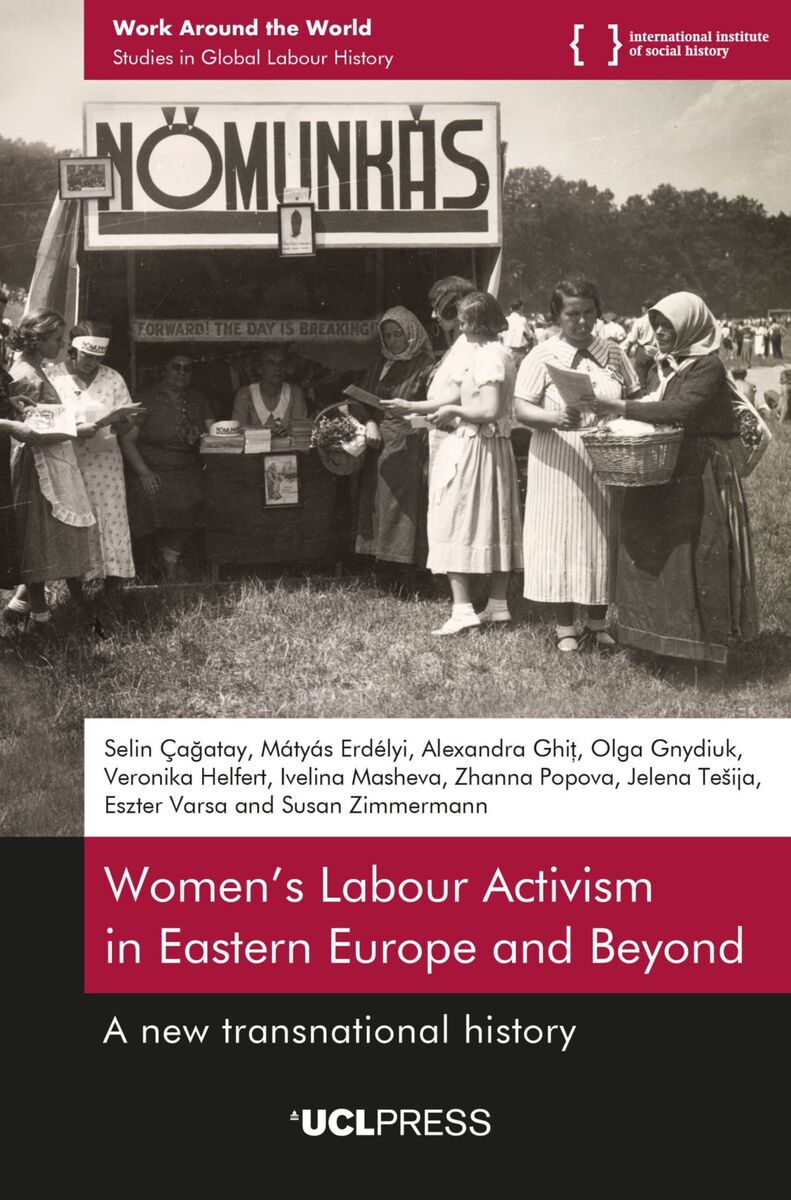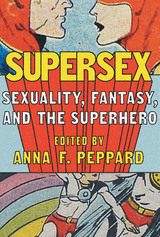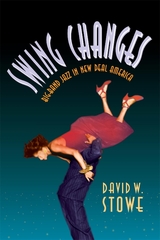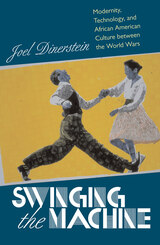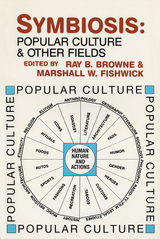Women’s Labour Activism in Eastern Europe and Beyond: A New Transnational history
University College London, 2025
Cloth: 978-1-80008-928-0 | Paper: 978-1-80008-929-7
See other books on: Beyond | Eastern Europe | Popova, Zhanna | Varsa, Eszter | Zimmermann, Susan
See other titles from University College London
Cloth: 978-1-80008-928-0 | Paper: 978-1-80008-929-7
ABOUT THIS BOOK | AUTHOR BIOGRAPHY | REVIEWS | TOC
ABOUT THIS BOOK
An inclusive history of women’s activism to improve working conditions in Eastern Europe, Turkey, and beyond.
So often, theories of activism and social change neglect acts of resistance in informal, community, and domestic contexts. This collaborative investigation from a transnational team of scholars addresses two related shortcomings: the lack of class analysis in gender history and the neglect of gender dynamics in labor history. Women’s Labour Activism in Eastern Europe and Beyond highlights understudied topics in both of these fields, such as radical, grassroots, and interclass women’s labor activism on behalf of lower-income and working-class women and communities; women’s participation in trade unions on both sides of the Iron Curtain; and the heretofore neglected presence of Eastern European women in international organizations, including the cooperative movement.
So often, theories of activism and social change neglect acts of resistance in informal, community, and domestic contexts. This collaborative investigation from a transnational team of scholars addresses two related shortcomings: the lack of class analysis in gender history and the neglect of gender dynamics in labor history. Women’s Labour Activism in Eastern Europe and Beyond highlights understudied topics in both of these fields, such as radical, grassroots, and interclass women’s labor activism on behalf of lower-income and working-class women and communities; women’s participation in trade unions on both sides of the Iron Curtain; and the heretofore neglected presence of Eastern European women in international organizations, including the cooperative movement.
See other books on: Beyond | Eastern Europe | Popova, Zhanna | Varsa, Eszter | Zimmermann, Susan
See other titles from University College London
